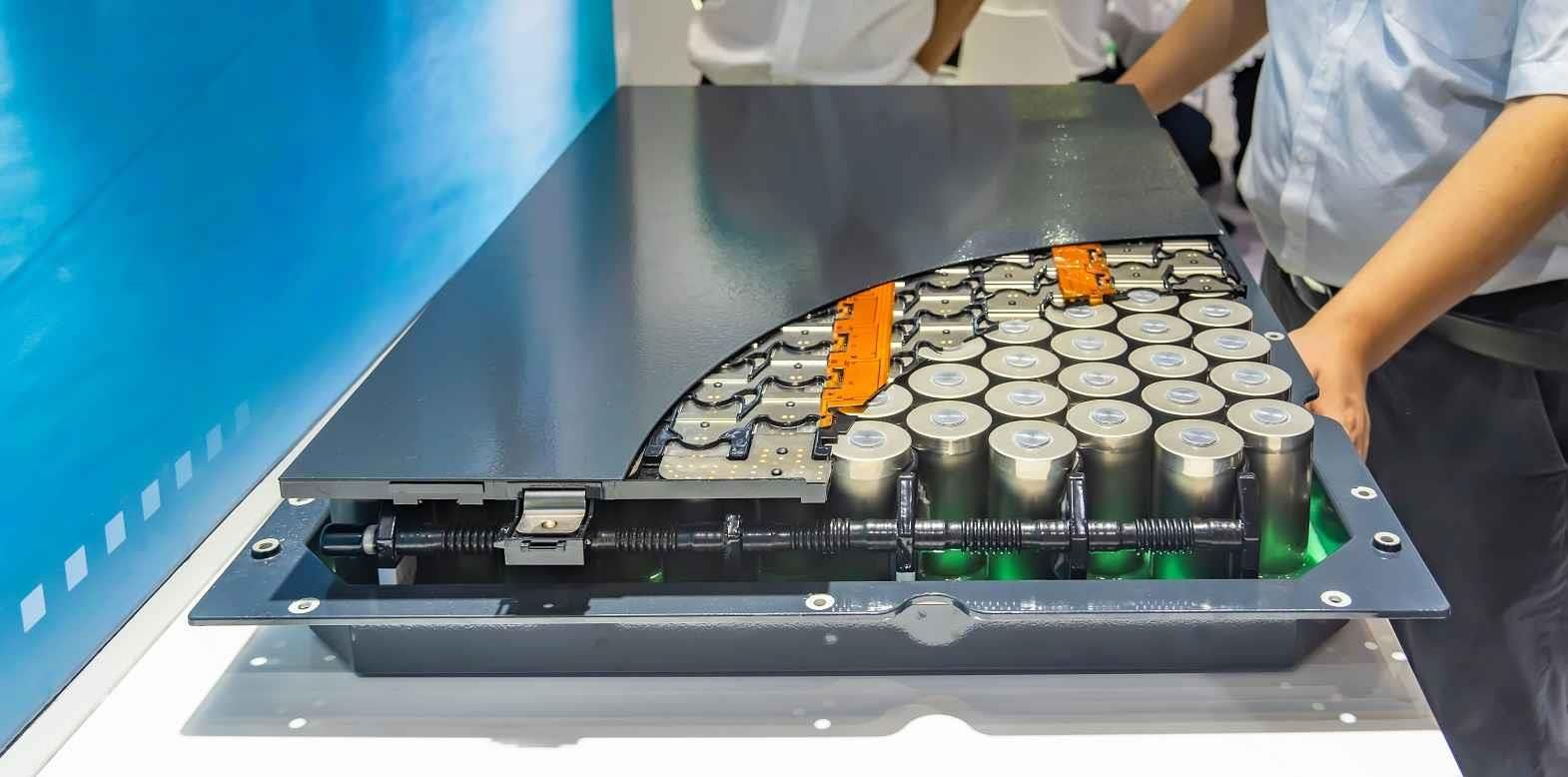The Indian battery chemicals industry is rapidly evolving, driven by increasing demand for electric vehicles (EVs), renewable energy storage solutions, and portable electronic devices. This sector is poised to become a critical component of India’s broader energy and manufacturing landscape, as the country pursues aggressive targets for electrification and sustainable development.
Industry Overview
India’s battery chemicals market includes the production of key materials such as lithium, cobalt, nickel, manganese, and graphite, which are essential for manufacturing lithium-ion batteries (LIBs). These batteries are at the heart of the modern energy storage revolution, powering everything from smartphones to electric cars. The Indian government’s focus on promoting EVs and renewable energy has significantly boosted the demand for these chemicals.
The Indian battery chemicals market was valued at approximately $1.2 billion in 2022 and is expected to grow at a compound annual growth rate (CAGR) of 13-15 per cent from 2023 to 2030. This growth is fuelled by the increasing adoption of EVs, which is projected to constitute 30 per cent of new vehicle sales in India by 2030, up from less than 1 per cent in 2020. Additionally, the rising penetration of renewable energy sources like solar and wind power necessitates efficient energy storage systems, further driving the demand for battery chemicals.
Key Drivers
1. Electric Vehicle Adoption: The Indian government’s National Electric Mobility Mission Plan (NEMMP) and Faster Adoption and Manufacturing of Hybrid and Electric Vehicles (FAME) schemes have laid the foundation for the mass adoption of EVs. With ambitious targets to reduce carbon emissions and reliance on fossil fuels, India is expected to see a significant increase in EV adoption, driving demand for LIBs and, consequently, battery chemicals.
2. Renewable Energy Integration: As India aims to achieve 450 GW of renewable energy capacity by 2030, the need for energy storage solutions is becoming increasingly critical. Battery storage systems are essential to managing the intermittent nature of renewable energy sources like solar and wind, ensuring a stable power supply. This has led to a surge in demand for battery chemicals, particularly those used in advanced energy storage solutions.
3. Government Incentives: The Indian government has implemented several initiatives to support the domestic production of battery chemicals and reduce dependency on imports. The Production Linked Incentive (PLI) scheme, announced in 2021, offers incentives to companies that invest in battery manufacturing and chemical production. This initiative is expected to attract significant investments in the battery chemicals sector.
Challenges
Despite its promising growth prospects, the Indian battery chemicals industry faces several challenges. One of the primary concerns is the limited availability of raw materials like lithium and cobalt within India. Currently, India imports nearly 80 per cent of its LIB components, primarily from China, making it vulnerable to supply chain disruptions. To mitigate this, India is exploring options to secure mineral resources abroad, particularly in lithium-rich countries like Australia and Argentina.
Another challenge is the environmental impact associated with mining and processing these chemicals. The extraction of lithium, cobalt, and nickel has significant ecological consequences, including water depletion, habitat destruction, and pollution. As the industry expands, sustainable practices and recycling initiatives will be crucial to minimising its environmental footprint.
Future Outlook
The Indian battery chemicals industry is on the cusp of significant growth, driven by the increasing demand for EVs and renewable energy storage. To fully realise this potential, India must address the challenges of raw material sourcing and environmental sustainability. Investments in research and development, along with international collaborations, will be key to building a robust and self-reliant battery chemicals ecosystem in India.
In conclusion, the Indian battery chemicals industry is set to play a vital role in the country’s transition to a low-carbon economy. With the right policies and investments, India can become a global hub for battery manufacturing and chemical production, contributing to its energy security and economic growth.








Comments